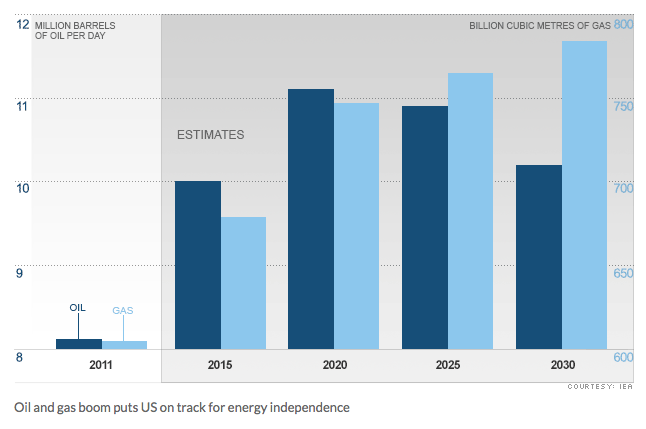 by Michael Tarsala
by Michael Tarsala
Could Google have the answer to one of the Fed’s biggest policy-setting challenges?
There’s no denying that Ben Bernanke and Fed officials have it tough right now. They’re trying to get a read on the economy, and most of what they have to go on is stale economic data.
All the government economic data reported in the press and that the Fed uses is released weeks after the economic activity being measured took place.
It’s now August, and it will be several more weeks before we even get a first read on the July economic activity. By then, economists and the markets will be trying to extrapolate what that might mean for September and October.
All the numbers that investors key on are just “preliminary,” by the way. They get revised on a timetable years into the future.
GDP rose 1.5% in the first half of the year. But that percentage gain could be changed significantly a month from now, then again and again as more data becomes available. Revisions, in particular, can come far too late to be useful for any near-term forecasting.
So how does anyone expect Bernanke to really know if the economy is still chugging along, headed toward recession, or already in one right now?
Enter Google (GOOG), and its treasure trove of freely available Google Insights data. The company also has created a number of indices on its own. Google makes it possible to analyze the popularity of economic search terms — say, those related to mortgage refinancing, or people looking for jobs.
Turning that into an index is a fairly easy exercise for data junkies. Divide the number of searches in a keyword query by the number of total Google searches in a week, re-base the data to 100, smooth it slightly, and voila. You have an index – one that might be better than what the Fed has now in some cases.
The Google data can be noisy, but it’s nearly-real time – available one to three days after the searches are actually conducted.
Already, the central bank of Israel is using the Google data in its economic forecasting. Bloomberg reports that the bank analyzes the keyword counts of things people buy — “everything from aerobics classes to refrigerators.”
It’s early days for this sort of analysis, but one study conducted by two Bank of England researchers compared the occurrences of Google key word searches such as “unemployed” and “house prices” against the “official” data used by the government. Search terms proved to be as good as the official data, and superior in the case of tracking housing trends.
What the Fed does in coming months could be critical to preserving jobs, preventing deflation, and indirectly, keeping the stock market on an even keel.
The U.S economy appears to be softening, but it’s hard to judge the pace of the decline.
Good policy decisions will depend on good data.
I can’t say it’s a cure-all. But if anyone has Ben Bernanke’s email, it can’t hurt to send him this Google link.



